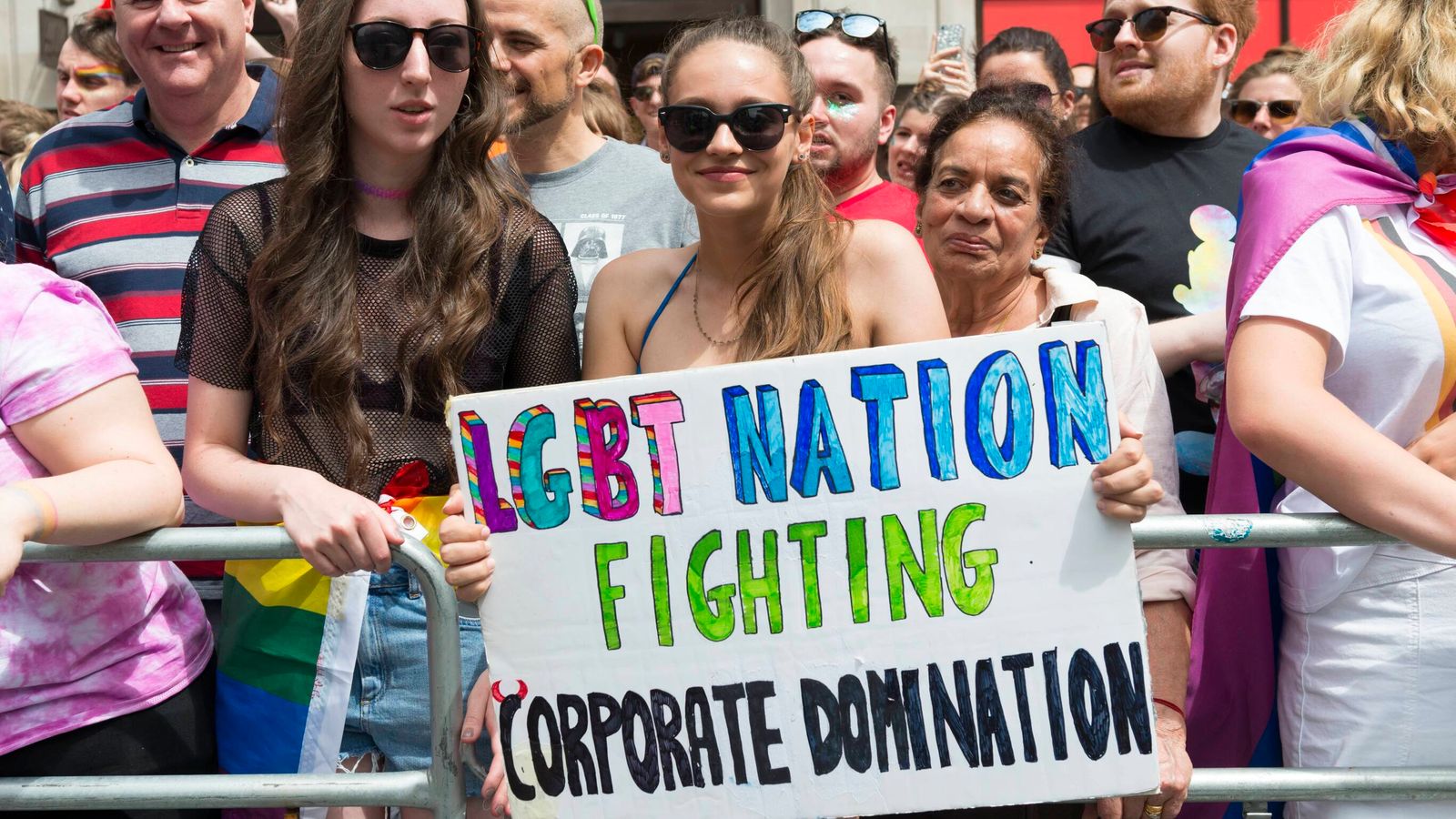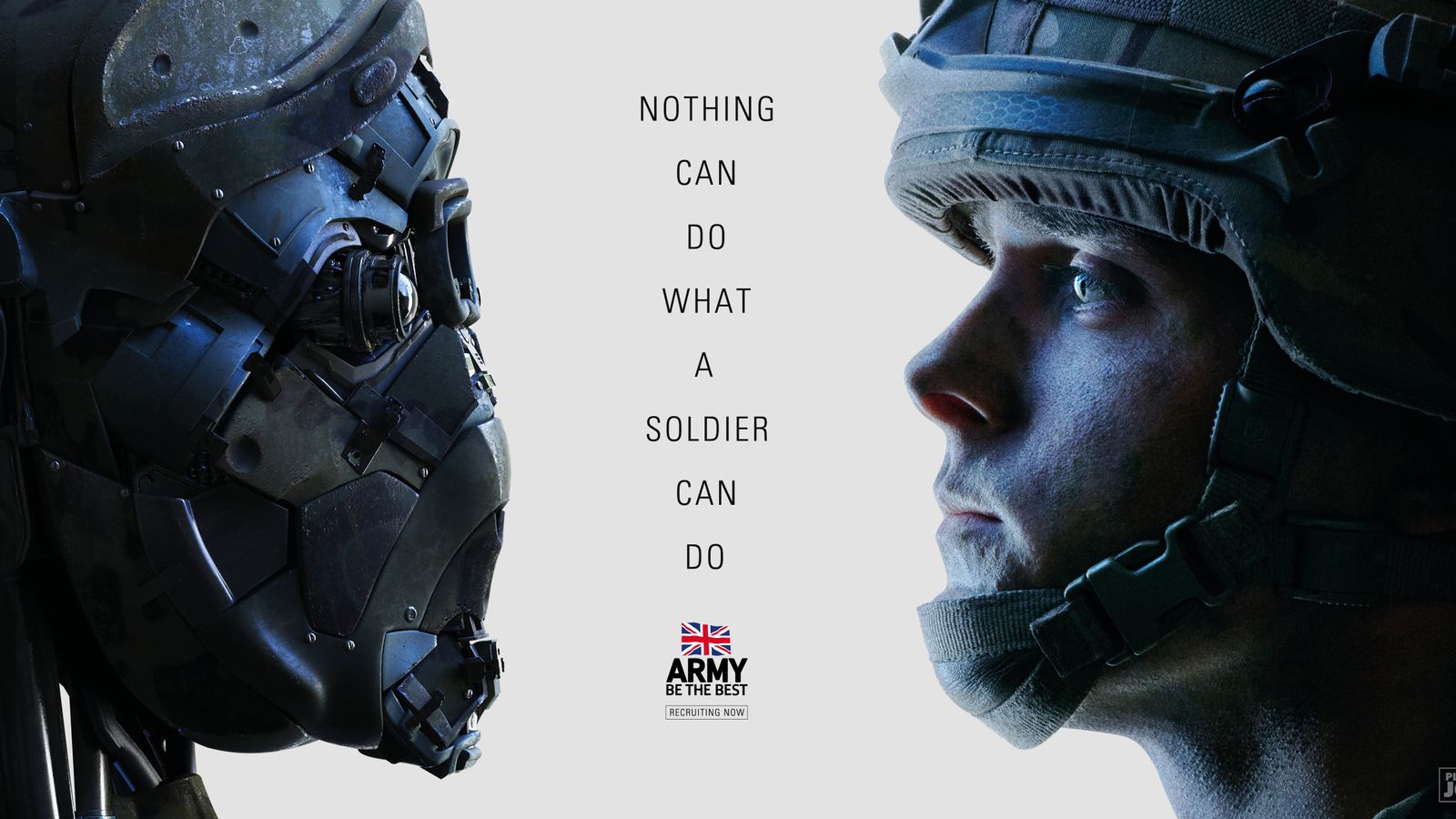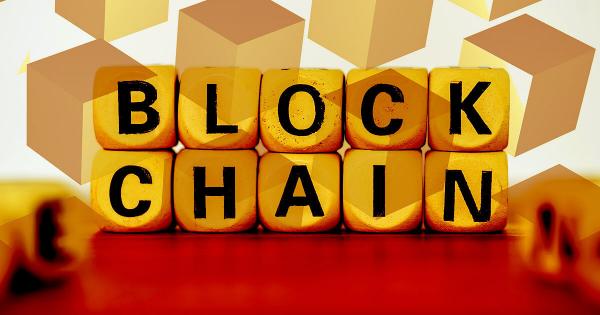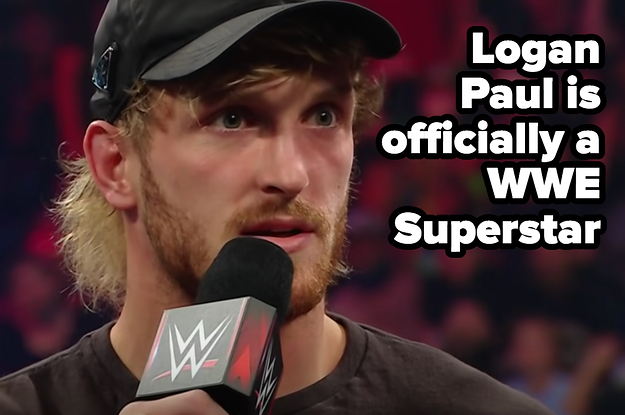One of the UK’s most prominent LGBTQ+ rights activists, Peter Tatchell has told Sky News that Pride’s parade has become overly commercial and corporate.
Speaking on the 50th anniversary of the UK’s first ‘gay pride’ march which he helped organise, Mr Tatchell said Saturday’s parade was becoming “overshadowed” by corporations, instead of focusing on LGBTQ+ groups.
Mr Tatchell was among around 30 members of the Gay Liberation Front, which helped organise the first march.
What began as one march in 1972, has now turned into an annual event attended by more than a million people in London.
The first march had around 700 attendees, but was met with a cold response from authorities, with Mr Tatchell describing police officers shouting homophobic insults and threatening to arrest those who were same-sex who kissed.
Mr Tatchell, who has attended every Pride in London since the first march in 1972, said: “We are totally opposed to the way in which pride in London has become so corporate and so commercial.
“The big major firms are the only ones who can afford to fund huge extravagant floats. They totally dominate the official parade and overshadow the LGBT+ community groups who should be the focus of pride”.
Homophobic slurs and a violent assault – but this man’s attacker can’t be charged with a hate crime
Olympic champion Dame Kelly Holmes announces she is gay – and kept it hidden for 34 years
Health Secretary Sajid Javid says ‘biological sex matters’ after NHS removes ‘women’ on ovarian cancer page
On Friday, the 1972 veterans will be among those to retrace their steps in central London, walking from Trafalgar Square and finishing in Hyde Park.
The official parade on Saturday, supported by the Mayor of London, will feature performances from stars like Emeli Sande.
While veterans will lead both Friday’s and Saturday’s marches, Mr Tatchell added that Friday’s event has no sponsorship or connection to corporations.
Marching in the first Pride
The UK’s first Pride in 1972 vastly differs from the annual events which take place now.
Mr Tatchell said organisers came up with the idea of “gay pride” to “counter the view that gay people should be “ashamed of their homosexuality”.
“We wanted to challenge that internalised homophobia. At the time, there were huge issues around anxiety, depression and self-hate among the LGBT+ community,” he added.
Around 700 people attended the first march, donning colourful clothes, defiant and holding placards reading ‘gay is good’.
Protesters chanted slogans like “2,4,6,8 gay is just as good as straight”, before they gathered at Hyde Park for a DIY “queer picnic” featuring games like spin the bottle.
Mr Tatchell described the atmosphere as “youthful” and “carnival-like”.
He added that while organisers were “pleasantly surprised” by the turnout on the day, there was a sense of underlying fear over the reaction from both authorities and the public.
While hundreds showed up to the event, Mr Tatchell noted the silence from both politicians and the media.
Protesters were afraid of being arrested by the police or being targeted by far-right extremist groups which carried out attacks on LGBTQ+ people.
Mr Tatchell said the police presence at Pride now is “clearly” much more friendly than in 1972, he believes that uniformed police should not be allowed to march in Saturday’s parade.










